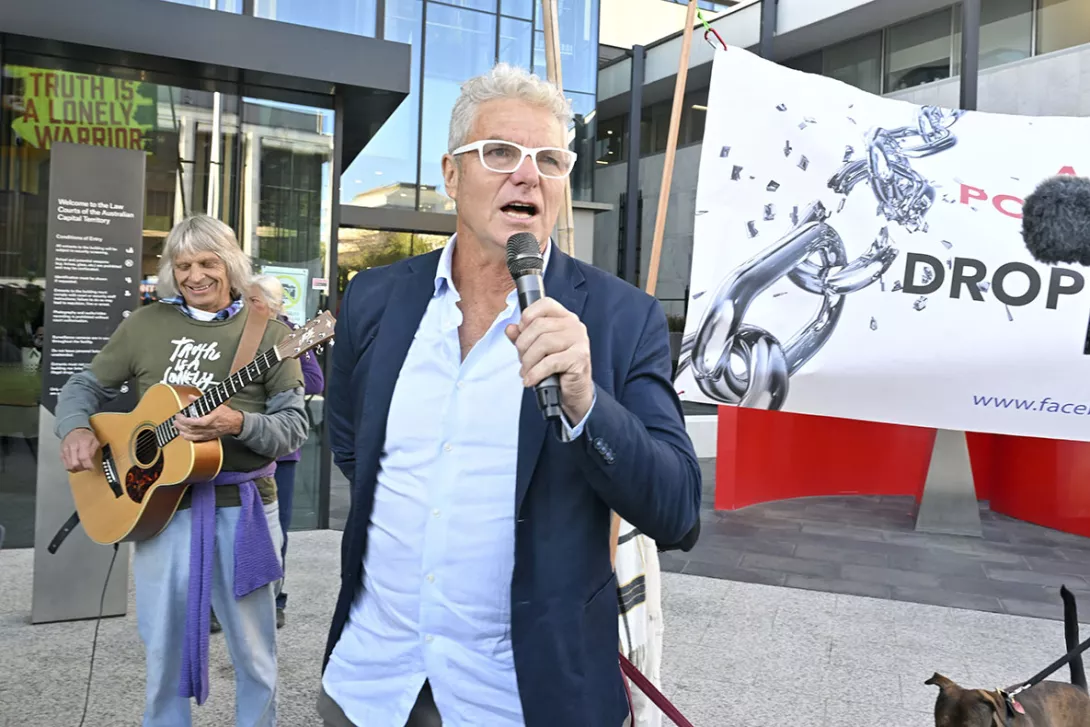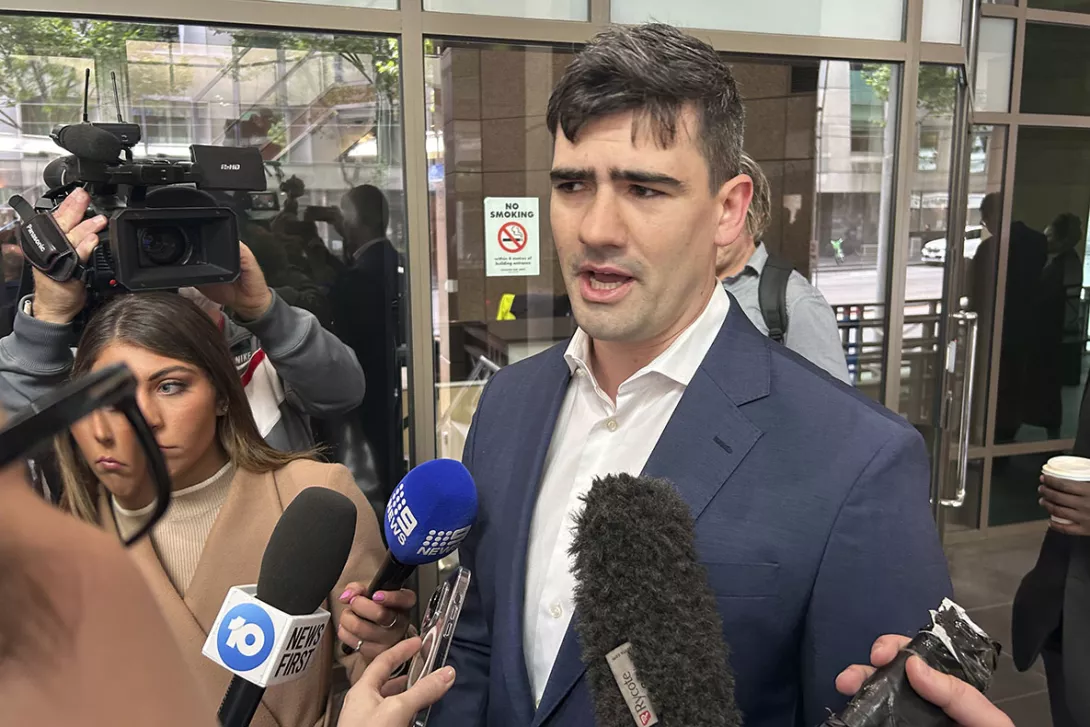Campaigners in Australia slam prison sentence handed to whistleblower who exposed war crimes in Afghanistan

CAMPAIGNERS slammed the sentencing of a former army lawyer to almost six years in prison today for leaking to the media classified information that exposed allegations of Australian war crimes in Afghanistan.
David McBride was sentenced in a court in the capital, Canberra, to five years and eight months in prison after pleading guilty to three charges including theft and sharing with members of the press documents classified as secret.
Justice David Mossop ordered Mr McBride to serve 27 months in prison before he can be considered for release on parole.
More from this author

While Israel stalls on ceasefire agreement, its military kills another 78 people in Gaza
Similar stories
















